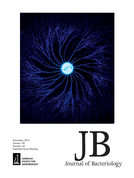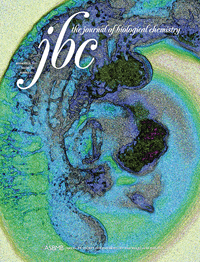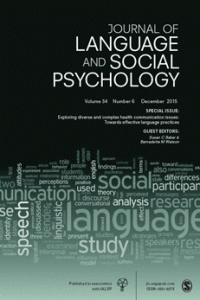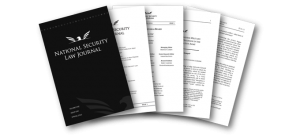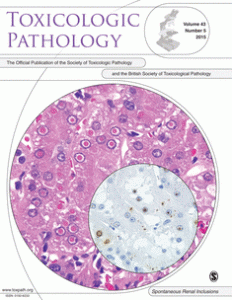 Remote Sensing Letters has retracted a 2015 paper by a pair of researchers in China because the duo was in fact a solo, and the manuscript lied about its funding source.
Remote Sensing Letters has retracted a 2015 paper by a pair of researchers in China because the duo was in fact a solo, and the manuscript lied about its funding source.
The article, “A novel method of feature extraction and fusion and its application in satellite images classification,” purportedly was written by Da Lin and Xin Xu, of Wuhan University. But as the retraction notice makes clear, that wasn’t the case: Continue reading Authorship, funding misstatements force retraction of satellite study


